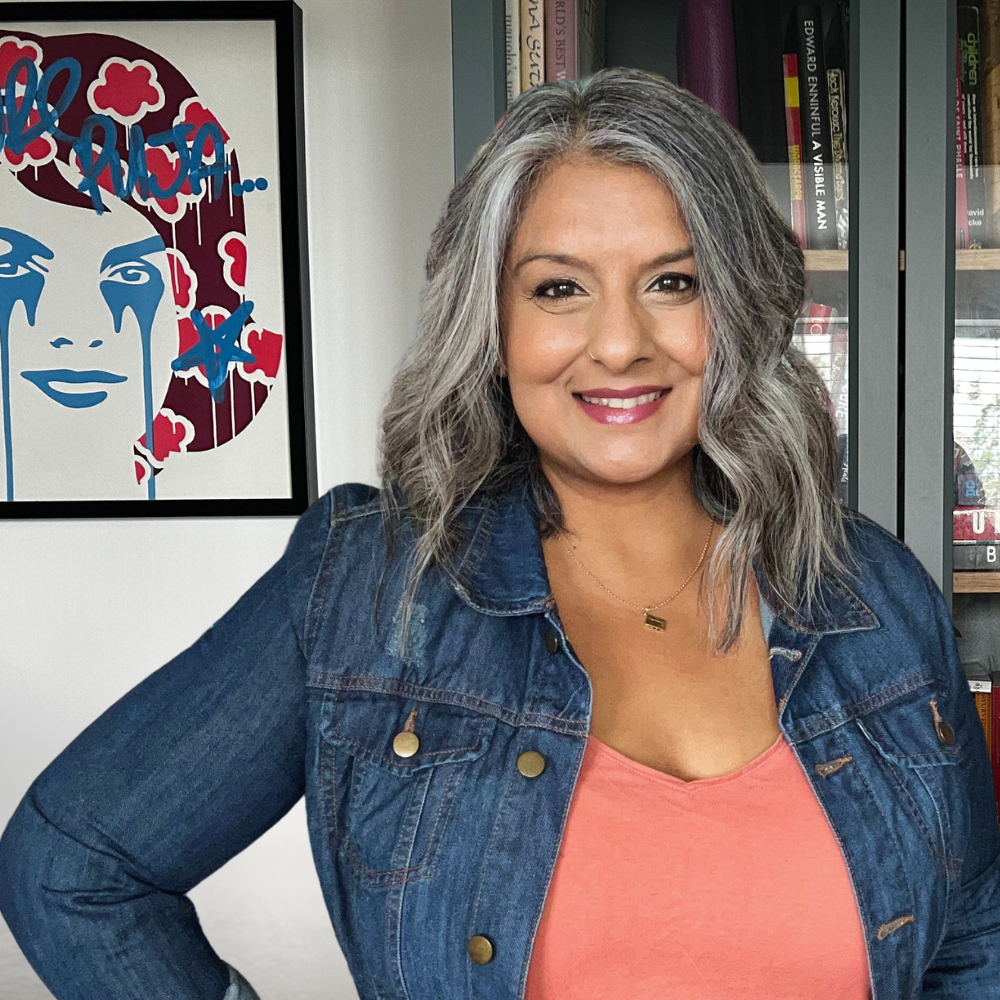
Why you keep losing interest in what you do
There is a tool we use in Wellbeing Coaching called the Wellbeing Wheel and on there is a spoke for ‘Spirit.’ This can mean your spiritual practices but essentially it is talking about purpose. Why do we do what we do? When you start losing interest in what you do, it can be deflating and demotivating. Your inner-critic can have a field day. With this post, I will cover a few reasons as to why you may be flailing and provide some tips to help you figure things out.
Why do you lose interest in what you do?
When it comes to work, we are influenced by the templates provided to us as children which is then reinforced as we get older. Whether you have grown up in an affluent home or a less affluent one, “you must work hard” will be a common line said to us.
The problem with this is that it does not let you know that you can actually enjoy the work you end up doing as an adult. Often, these influences are derived from ‘mistakes’ parents may have made. However, you will keep losing interest in what you do if you cannot find the joy that makes you wake up in the morning.
How our brains influence us losing interest
“The human brain is hardwired for negativity. It’s part of what has helped us survive since our cave-dwelling ancestors were on the lookout for creatures that could kill us. Did you know that whenever you have a thought, your brain releases chemicals? We typically have about 60,000 thoughts a day, so that’s a lot of chemicals flooding our systems.
Whenever you have a sad, hopeless, or worthless thought, your brain releases chemicals that make you feel bad. On the flip side, hopeful, loving, happy thoughts release chemicals that make you feel good.” – Daniel Amen, MD, clinical neuroscientist psychiatrist.
Whenever we have a negative thought such as when a project gets difficult we start to tell ourselves that we’re not good enough. Finding ways to control your brain and these negative thoughts can be monumental in helping you not lose interest in what you do.
NLP and the pursuit of excellence
Neuro Linguistic Programming (NLP) is the study of excellence. In short, it is the practice of re-training our brains to do what we say we want to do. One of the best theories used in NLP when people are looking to achieve success in something is Modelling.
“NLP modelling is the art of making explicit the set of differences present in someone who is excellent at a given activity compared with someone who is mediocre at the same activity. NLP modelling can be used to capture patterns of excellence present in anyone in any context.”
When clients come to me because they keep losing interest in what they do, I like to use this exercise because it helps me understand their experiences.
This exercise also helps me to understand which barriers are holding them back from achieving their goals. For the client, they may be able to model a time in their own lives. Or they will discover whom they may want to model themselves on.
NLP Exercise
Describe a time in your life when something went well and you completed it. What was happening at that time that helped you not lose interest? Describe the environment, the people around you, the task you were completing.
If a client does not have a reference point, I will then explore the limiting beliefs. These may be childhood templates that have been hard-wired within them. If you find yourself in this position, it will be helpful to seek counselling to work through this before trying to rewire your brain.
Reasons why you keep losing interest in what you do
These are the top five reasons why you keep losing interest in what you do that have been presented in my practice so far:
1. Joy
You do not associate success with joy. Without joy, you will not want to wake in the morning and work towards your goal. You will struggle to stay motivated and you will entertain negative thinking more easily.
2. Passions
Defining your passions can be a wonderful exercise. Being passionate is different to being good at something. Passion is what can drive you to succeed.
3. Motivation
Staying motivated is super hard. It takes consistency, time and effort to achieve a goal. Therefore, to stay motivated without joy or passion will make it a lot harder.
4. Support
The people you surround yourself with will affect your success. When you share a lot of information about your journey with others, you can often receive criticism disguised as something else. Sometimes it is judgement, passive aggression or projection. Being aware of those around you is an important element to your success.
5. Purpose
Discovering your purpose is not an easy task and you can spend your entire life searching for it. However, if you can take the view of having purpose for each specific area of your life such as love, work, children you will find it easier to enjoy your life and not lose interest in what you do.
Ultimately, losing interest in what you do is rooted in having purpose. Having a clear goal to pursue. A clear reason for doing what you do. It is that statement you create that will provide you with the drive, the determination and the tenacity to not give up.

Hi, I’m Puja! I’m all about helping driven, purpose-led people create success that actually feels good—without losing themselves along the way.
I mix deep coaching with practical strategies and a soulful perspective to help you thrive in your work, life, and well-being.
This is where I share stories, ideas, and inspiration to spark bold thinking and a more meaningful way of living.
Discover more: SIMPLY WELLBEING SUBSTACK
Registered address: 3rd Floor, 86-90 Paul Street, London, EC2A 4NE
© 2025 Frankly Coaching Ltd.